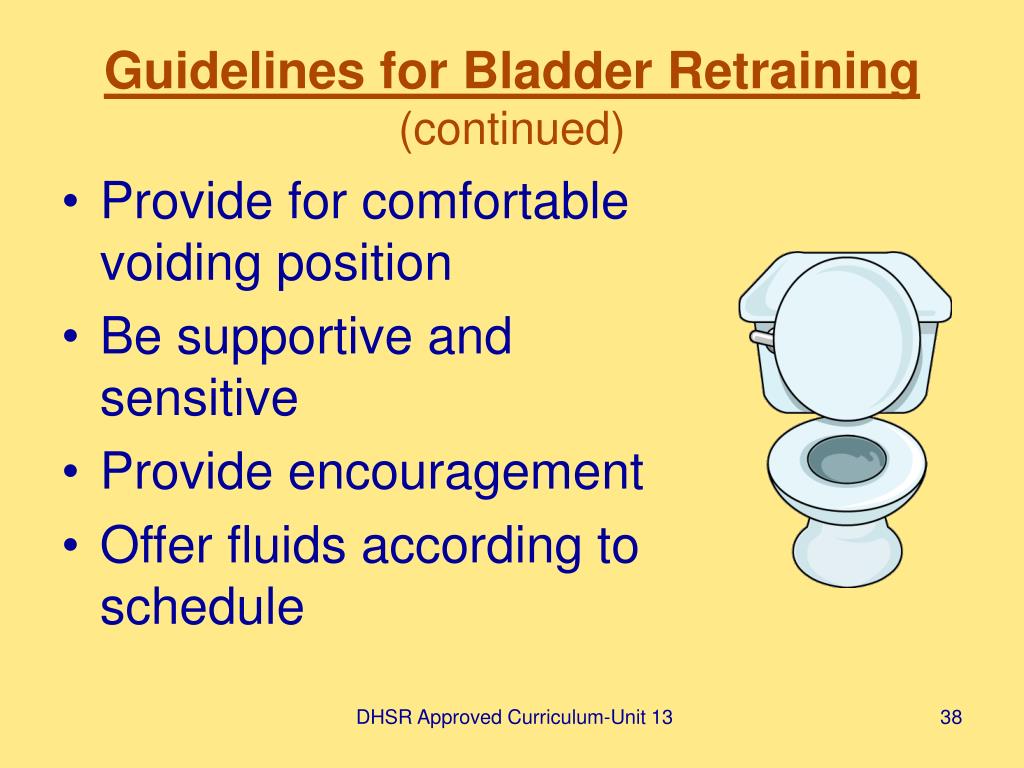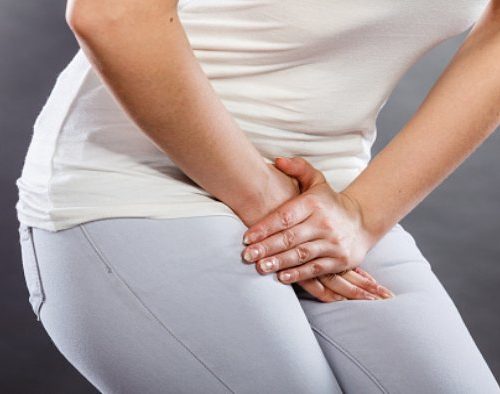
September 6, 2024
6 Means To Treat Bladder Leak

Estrogen
These hormonal shifts can influence bladder function and urinary system practices, materializing as urinary signs and symptoms such as boosted frequency, necessity, or leakage. Reduced degrees of estrogen and urinary system incontinence work together. As women age and start approaching menopause, the ovaries decrease the procedure of making estrogen, and the degrees of this women sex hormonal agent normally decrease in the body. [newline] At some point, with menopause, the production of estrogen stops, and this influences the body in lots of means. Without estrogen, ladies locate it difficult to preserve healthy urologic features throughout and after menopause. Bladder control for women begins along with their last menstruation period and raises afterwards.Addressing Urinary Problems With Innovo
Your bladder resembles a storage tank-- when the bladder is complete, the brain sends a signal that it's time to pee. Urine then leaves the bladder when a muscular tissue opens up (sphincter), permitting the urine to move easily out of the body through the urethra. It is very important to figure out the kind of urinary system incontinence that you have, and your signs commonly tell your medical professional which Laser resurfacing type you have.Just How Is Tension Urinary Incontinence Detected?
Topic estrogen products may additionally aid to tone your urethra and genital locations. Electrical treatments are applied straight over the pelvic floor muscle mass. Biofeedback to reinforce and work with the pelvic floor muscular tissues. Psychophysiological feedback is coordinated with pelvic flooring (Kegel) exercises. Alpha-adrenergic agonists may be carried out for the management of urethral incompetence, alone or in mix with reproductive hormones, where a collaborating impact is in some cases observed.- Endocervix glandular cells activity during menopause and subsequently the amount of mucin decreases that this creates to genital dryness that emerges as a primary problem in postmenopausal ladies.
- Advise urinary incontinence is a lot more prevalent after the menopause, and the height prevalence of tension incontinence happens around the time of the menopause.
- These hormone changes can affect bladder function and urinary system habits, showing up as urinary system signs and symptoms such as enhanced frequency, necessity, or leak.
- Tension urinary incontinence creates when activity puts increased pressure on your bladder.
What hormone keeps you from peeing?

Social Links